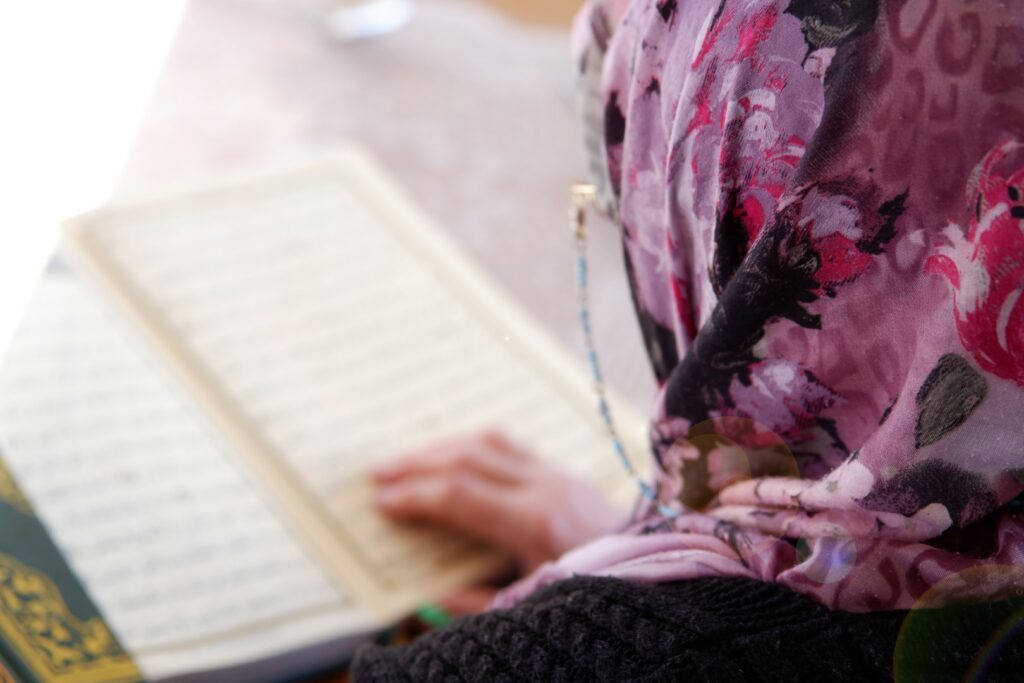Inflation, interest rates, and Islam: Turkey’s struggle with usury
Inflation, interest rates, and Islam: Turkey’s struggle with usury
Does religion play a role in Turkey’s ongoing inflation woes? Erdoğan makes allusions to Islamic bans on usury – but has this really contributed?
A brief summary of Turkey’s economic woes
The economic situation in Turkey, regardless of its causes, is complex one, meriting a quick overview. Since 2018, Turkey has undergone significant financial and economic difficulties, notably in two larger waves of intensity: in 2018 and from late 2021 to the present. Largest amongst the issues have been rapid decreases in the value of the lira, Turkey’s currency, high levels of inflation, and corresponding economic recessions.[1] [2] [3] While several reasons have been cited for Turkey’s economic woes, the 2018 crisis was exacerbated by strained relations between Turkey and the United States, following the trial of a detained American pastor in Turkey, which resulted in some sanctions and increased tariffs on Turkish goods in the United States.[4] The second wave has been amplified by the pandemic and economic choices of the Turkish government explained below.
The traditional economic model, when facing inflation, is to raise interest rates – something seen in both the discussions and actions of European and American banks as much of the world faces inflation following the pandemic and Russia’s invasion of Ukraine.[5] [6] The Turkish government, largely at the direction of President Erdoğan, however, continuously refuses such rate increases – a move that some believe to be only worsening the situation. What is Erdoğan’s motivation? At least when it comes to interest, for Erdoğan, Islam plays a crucial part.[7]
The Quran and usury
“Those who devour usury shall not rise except as one rises who is felled by the touch of Satan… God has permitted buying and selling and forbidden usury”
Surah al-Baqarah 2.275[8]
“O you who believe! Devour not usury, doubling and multiplying. And reverence God that haply you may prosper.
Surah Al-Imran 3.130[9]
With these words, the Quran bans riba, or usury: the practice of lending money at unreasonably high interest rates. To some economists, this ban has been the source of significant and unnecessary economic difficulty in Turkey since 2018.[10] [11]
Erdoğan’s anti-usury push
Since the first crisis began in 2018, Erdoğan has spoken harshly about the practice of raising interest rates – what he considers to be usury. In the heat of the first wave in 2018, Erdoğan blatantly referred to high interest rates as “mother and father of all evil.”[12] In so doing, he correspondingly called for a decrease in interest rates.
As the financial crisis loomed again in December 2021, Erdoğan once more called for a decrease in interest rates. In so doing, he stated “as a Muslim, I’ll continue to do what is required of nas.”[13] [14] [15] Nas, in this context, is a Turkish word used to refer to Islamic teachings.[16]
Each time that Erdoğan has made these announcements, the value of the lira tends to fall in response, exacerbating the problem.[17] [18] That said, though, Erdoğan usually meets with economic officials in the days thereafter, and adopts emergency measures, normally leading to a semi-recovery in terms of value.[19] [20] [21]
How religious is it?
While Erdoğan has undoubtedly made religious allusions, the influence these beliefs have are subject to debate, with one of three potential challenges usually arising.
Firstly, in his calls for keeping inflation low, Erdoğan and his advisers have cited the economic theories of 20th-century economist Irving Fisher as support for lowering interest rates.[22] In this sense, they have tried to provide secular economic theory to their moves. The extent to which this is legitimate, however, has been contested by economists and ridiculed by the media.[23] Many cite that Erdoğan’s actions violate basic economic tenets – and, worse yet, that he can impose his economic theories onto the whole country.[24]
Secondly, regardless of what Erdoğan’s motives are, the Turkish Central Bank nonetheless makes the decisions and has raised the interest rates. In 2018 and 2021, Turkish interest rates rose significantly.[25] Therefore, arguably, Erdoğan’s religious push actually did not affect the bank. That said, however, Erdoğan’s words likely still have some effect on the bank. Noticeably, interest rates in 2021-22, though increased, have not reached the heights of 2018. And, in 2021, the Central Bank cut interest rates, despite a worsening situation, likely due to Erdoğan’s encouragement.[26]
Finally, some argue that, though the religious rhetoric may not help, Turkey’s larger issue is one of overly consolidated political power. Henri Barkey, of the Council on Foreign Relations, alleges Turkey’s larger issue arises from Erdoğan’s inflated confidence from being in power too long.[27]
Religion as a political tool
Clearly, religion has a role to play in the financial situation – and will continue to do so into the future. The exact nature of the Islamic influence, however, remains uncertain. Some, like Erdoğan himself, will likely continue to allege it is genuine. Others, however, point to Erdoğan’s usage of another quote from al-Baqarah: “And We will indeed test you with something of fear and hunger and loss of wealth, souls, and fruits; and give glad tidings to the patient,”[28] and see his actions as a misuse of religion – as another way to garner political support.[29]
You can use the free EARS Dashboard to learn more about trends and developments on the topic of religion and society. Hundreds of article summaries from all over the world were added in the past month!
Sources
[1] ‘There’s jobs but no money’: Turkey’s economic crisis begins to bite
[2] How Turkey Created a Debt Crisis
[3] The Turkish Economic Slowdown in 2018
[4] The Turkish Economic Slowdown in 2018
[5] ECB has ‘extra space’ before first rate hike, Lagarde says
[6] US central bank raises interest rates for first time since 2018
[7] Lira Slides After Erdogan Says Islam Demands Lower Rates
[8] Nasr, Seyyed Hossein et al., Eds. The Study Quran (New York: HarperOne, 2015), 119
[9] Nasr, Seyyed Hossein et al., Eds. The Study Quran (New York: HarperOne, 2015), 166
[10] The Religious Roots of Turkey’s Currency Crisis
[11] For more on religion and usury, see: Rethinking capital and interest or Between God and money: The morality of interest
[12] Turkey’s Erdogan calls interest rates “mother of all evil”; lira slides
[13] Lira Slides After Erdogan Says Islam Demands Lower Rates
[14] The Religious Roots of Turkey’s Currency Crisis
[15] Lira plunges again after Erdogan cites Islam to defend rate cuts
[16] Lira Slides After Erdogan Says Islam Demands Lower Rates
[17] Turkey’s Erdogan calls interest rates “mother of all evil”; lira slides
[18] Lira Slides After Erdogan Says Islam Demands Lower Rates
[19] As Turkey’s economy struggles, Erdogan goes it alone
[20] Turkey’s Erdogan calls interest rates “mother of all evil”; lira slides
[21] 5 things to know about Erdogan’s plan to shore up Turkey’s lira
[22] A theoretical overview of Erdoğan’s remarks: The issue of interest-inflation
[23] The Religious Roots of Turkey’s Currency Crisis
[24] How Erdogan’s Pseudoscience Is Ruining the Turkish Economy
[26] Turkish cenbank slashes rates 100 points despite lira crash
[27] How Did Turkey’s Economy Go So Wrong?
[28] Nasr, Seyyed Hossein et al., Eds. The Study Quran (New York: HarperOne, 2015), 68






